The first Wikiworm of 2014 gets the year started with a wikipedia article about some hard-rockin’ crimes against language…
A metal umlaut (also known as röck döts) is a gratuitously or decoratively used accent over letters in the names of hard rock or heavy metal bands. Among English speakers, the use of umlaut marks and other diacritics with a blackletter style typeface is intended to give a band’s logo a Teutonic quality—denoting stereotypes of boldness and strength commonly attributed to ancient northern European peoples, such as the Vikings and Goths. The metal umlaut is not generally intended to affect the pronunciation of the band’s name.
In standard usage (outside heavy metal) the umlaut version of a vowel is pronounced differently from the normal vowel. Ironically, these sounds tend to be perceived as “weaker” or “lighter” than the vowels represented by un-umlauted u, o, and a, and thus in languages like German which use it normally, the umlaut does not evoke the impression of strength and darkness which its sensational use in English is intended to convey. Therefore, the foreign branding effect of the metal umlaut is dependent on the beholder’s background. Speakers of such languages may understand the intended effect but perceive the result differently from speakers of languages in which umlauts are rarely used. When the band Mötley Crüe visited Germany, they were surprised to find the audience chanting their name using an umlauted vowel.
The first (gratuitous) use in a metal band’s name appears to have been either by Blue Öyster Cult or by Black Sabbath, both in 1970. In that year, Black Sabbath’s record label, on a rare picture-sleeve 7″ single version of “Paranoid” (with the b-side “Rat Salad”), for no apparent reason, retitled the song “Paranoïd” with a diaeresis above the “i” (as is correct in French).
Motörhead followed in 1975. The idea for the umlaut came from Lemmy, the group’s lead singer/bassist (and former Hawkwind member), who said, “I only put it in there to look mean.” (The German pronunciation of Motör, a word that does not exist in German, would be similar to French equivalent, moteur. “Motor”, the correct German spelling, is pronounced similarly to “motor” in English.)
The band Hüsker Dü debuted in January 1979, though they were based in punk and not heavy metal. Hüsker Dü’s name is derived from the board game “Hūsker Dū?” which translates to “Do you remember?” (the bars above the u’s are macrons, not umlauts), although these diacritics are not present in original Danish.
Mötley Crüe formed in 1980; according to Vince Neil in the band’s Behind the Music edition, the inspiration came from a Löwenbräu bottle. They subsequently decided to name their record label “Leathür Records”.
Queensrÿche, who took on that name in 1981, went further by putting the umlaut over the Y in their name (ÿ corresponds to the digraph ij in the Dutch language). Queensrÿche frontman Geoff Tate stated, “The umlaut over the ‘y’ has haunted us for years. We spent eleven years trying to explain how to pronounce it.” In contrast to other examples, the spelling of Queensrÿche was chosen to soften the band’s image, as it was feared that the original spelling, Queensreich, might be misconstrued as having neo-nazi connotations.
The spoof band Spın̈al Tap raised the stakes to unassailable heights in 1984 by using an umlaut over the letter n; (i.e., over a consonant.) In the mockumentary film This Is Spın̈al Tap, fictional rocker David St. Hubbins says, “It’s like a pair of eyes. You’re looking at the umlaut, and it’s looking at you.”

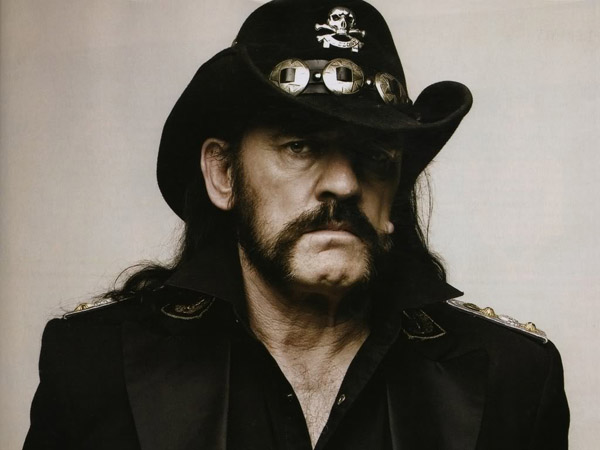
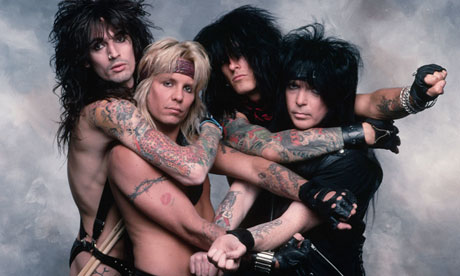
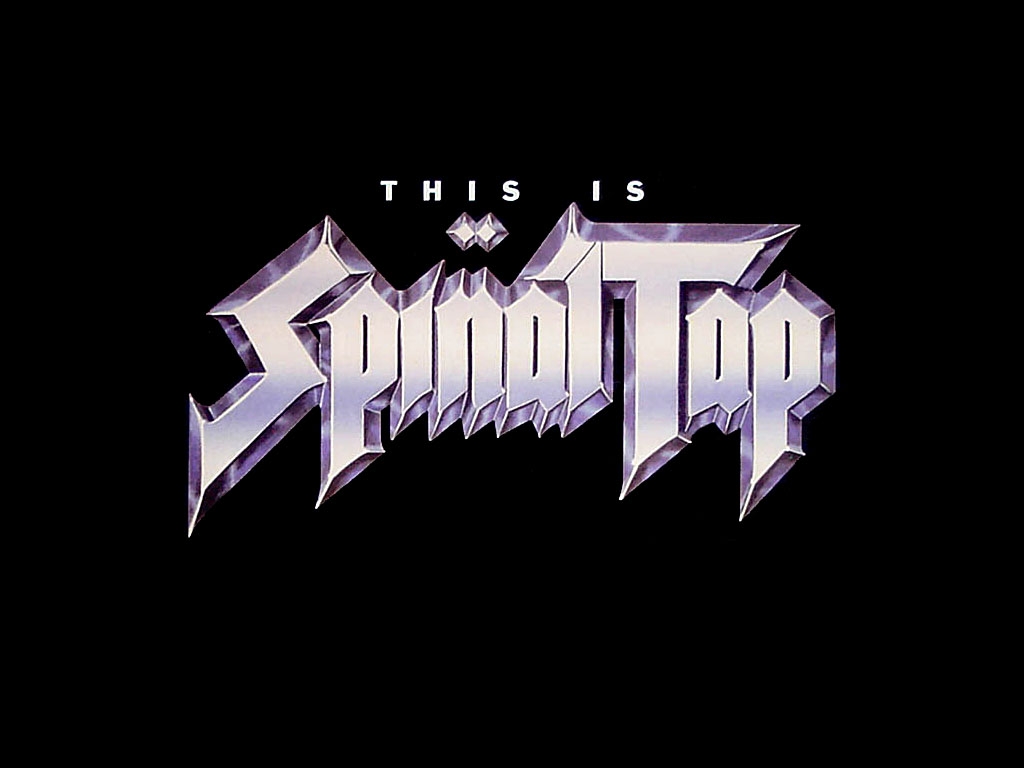
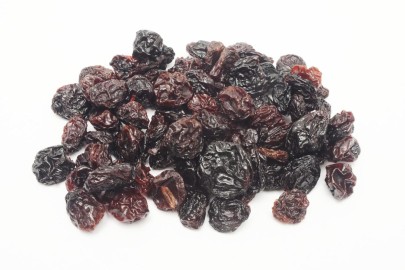

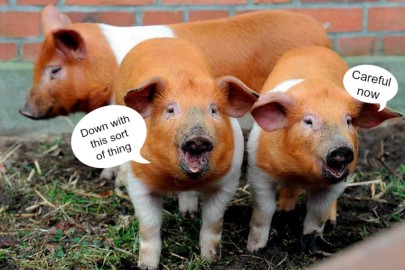







I always thought that they were not merely metal but heavy metal, to be written as Heavy Metal Umlauts. Having said that, Blue Oyster Cult is about the only band mentioned here any of whose stuff I ever heard, so I am no authority.
There was a dispute within Blue Oyster Cult as to whose idea the umlaut was. I believe keyboardist and second guitarist Allen Lanier ( RIP) claimed credit, as did manager/producer/svengali Sandy Pearlman.